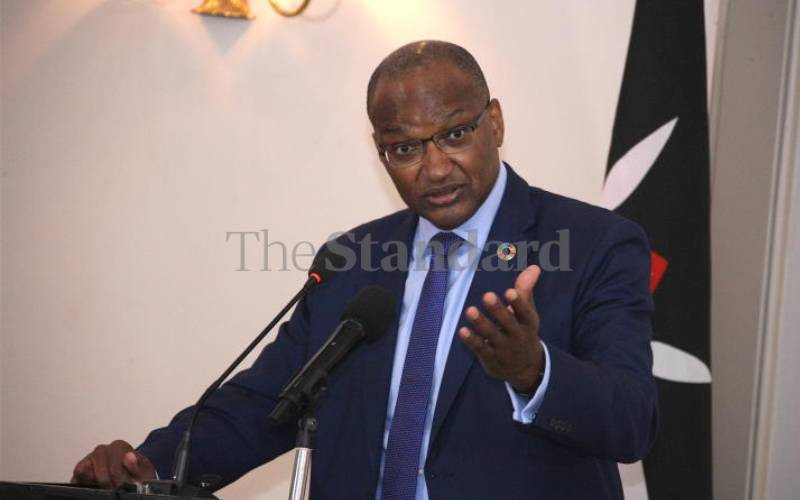×
The Standard e-Paper
Join Thousands Daily

Central Bank of Kenya (CBK) has refuted claims by Deputy President Rigathi Gachagua that there is a forex shortage in the country.
Gachagua, in an interview with Citizen TV on Sunday, October 2, 2022, claimed that the country's financial situation is so bad that it lacks sufficient foreign exchange reserves to import oil.